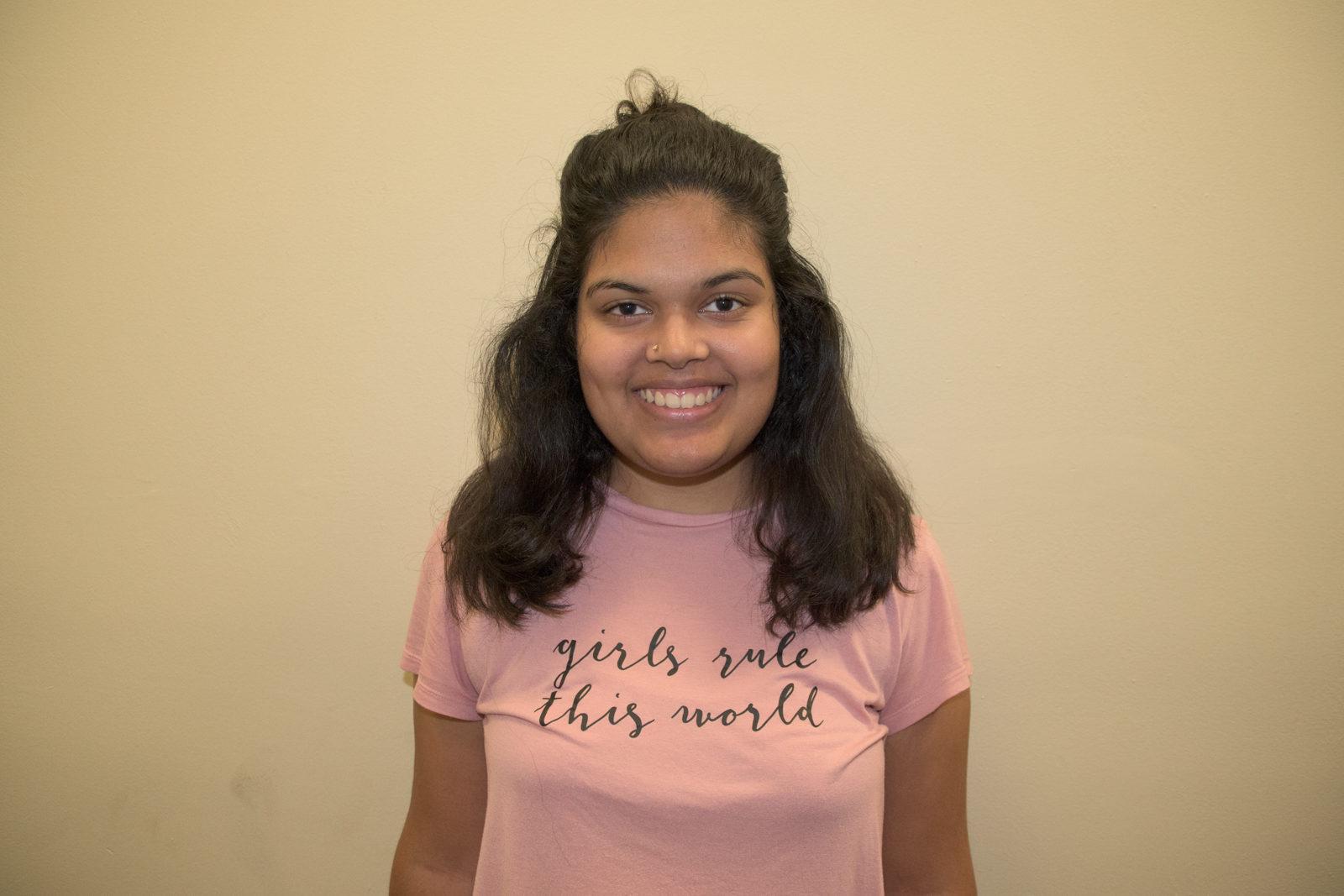In the Miss Peru pageant last week, it was made loud and clear that women are more than the way they look or what their measurements are. During the country-wide competition, models provided the audience with their “measurements” — but rather than talking about their bodies, they talked about the women who are affected by sexual violence in their country. They gave statistics like the fact that 70 percent of Peruvian women have been harassed on the street, or that more than 25 percent of teenage girls in Peru are abused at school or that 13,000 girls in Peru have been victims of sexual assault.
These numbers are both astounding, and — according to the prime minister of Peru — not representative of what the country stands for. But it was especially important to the pageant directors this year to create a show that started a conversation about what the reality for women in their country looks like.
Just last year, the prime minister herself came out about being in an abusive relationship, and about how upset she was that her country had been portrayed so negatively in the media — especially social media — with the hashtag #PeruPaisDeVioladores (essentially, “Peru, country of rape”). There was a lot of controversy surrounding this hashtag, particularly because it shows how serious the problem of sexual violence in Peru is, and it’s become imagistic of the entire nation.
But this protest at the pageant was different. It was more than just a cry against violence on women, it actually took a stand against the people who partake in these actions.
While the protest saw a lot of backlash, this was certainly an incredible feat of bravery for the women of the pageant — not only for their country, but also for the world. Sexual assault on women is a problem that is ubiquitous, and it needs to be stopped. It won’t end overnight, but slowly, I hope no woman will ever have to deal with the trauma of being sexually assaulted.
Even in the United States, there is controversy surrounding pageants and the happenings behind the scenes during these events. I want people to understand that there’s more to pageants than just showing off a pretty face or a nice body. A woman is more than her figure, and together, starting conversations about the real figures that matter — the statistics about sexual violence and about who the affected women are — actual change can happen.
On Thursday night, after the pageant, the hashtag #MisMedidasSon (my measurements are) was created to discuss the problem of sexual violence in the country. Rather than talking about who the prettiest model was, people were talking about what can be done to solve this problem.
Regina Limo, a columnist at a popular news site in Peru, felt differently. Pageants aren’t viewed in a positive light no matter which country you’re in — mostly because people assume it’s all superficial. Limo wrote that because the movement happened at a pageant, people wouldn’t take it as seriously as if it happened somewhere more “respected.”
I don’t like the idea that a pageant is less respectable than any other place, and I still think the movement itself is far more important than what its platform was. On the other hand, I do agree with her in some sense. The conversation can’t just be about numbers, it also has to be about who the affected women are, and who the men are who cause the trauma. In order for an effective dialogue to occur, it needs to be understood that women are not just numbers to be thought about and to be assessed — we are part of the human race, we are active members of society.
As an American woman, I find it extremely disheartening to know that even here, our president — who once ran the Miss America pageant — has been accused of sexual harassment. We live in a time where people have been desensitized to sexual assault and the number of women affected by it every day, which to me is absolutely insane. Since when was it normal for women to be attacked on a physical, emotional or mental level? And how come there is very little being done to help these women?
This movement is absolutely beautiful because it allowed women to feel united. Through this protest and others, we can see how far women of the world have come in terms of fighting back against this issue. It’s important to take a stand, and it’s vital that we do it together because #IAmMoreThanJustANumber.





















































































































